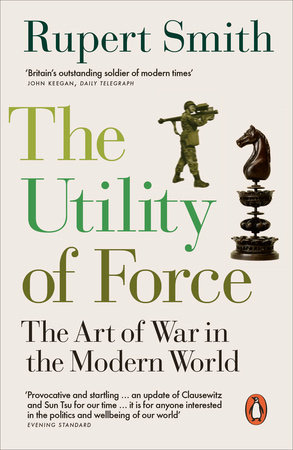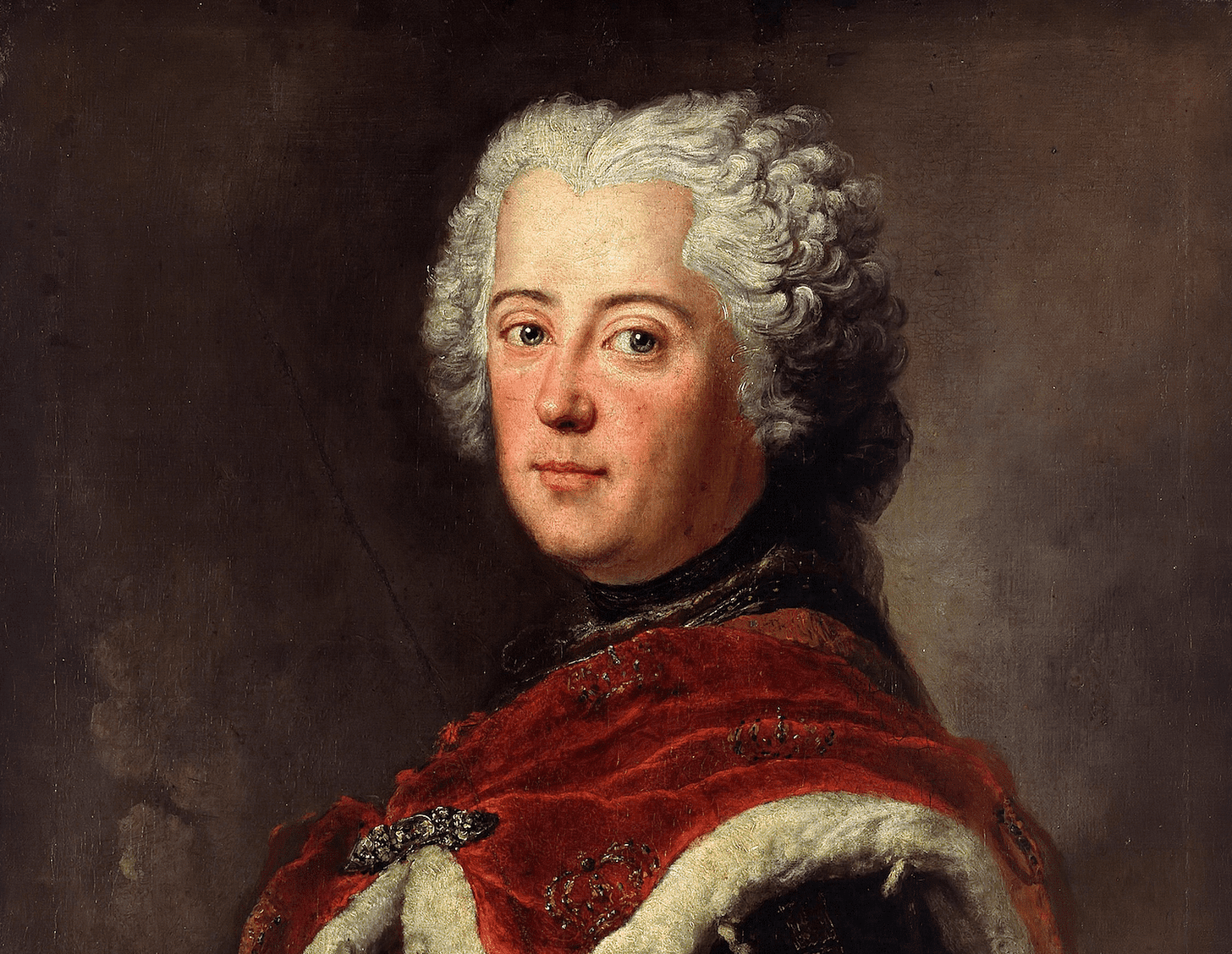Nearly twenty years ago, I first read General Sir Rupert Smith’s The Utility of Force. Its effect on my thinking was profound, shaping how I viewed military power as an integral component of national grand strategy. Today, as we stand amid the resurgence of great power competition and the re-emergence of state-on-state warfare, I believe this book deserves renewed attention—not only from military professionals but also from policymakers and academics concerned with the future security of Canada and its allies.
General Sir Rupert Smith is a retired British Army officer and military strategist. Commissioned into the Parachute Regiment, he rose to become Deputy Supreme Allied Commander Europe at NATO. Smith commanded forces in the Gulf War, Bosnia, and Northern Ireland, earning recognition for operational leadership in complex conflict environments.
Smith’s Timeless Thesis
Published in 2005, in The Utility of Force, Smith argued that the age of “industrial war”—large-scale conflicts fought by the massed armies of nation states seeking decisive victory—had largely passed. He described the emerging conflict paradigm as “war amongst the people,” where conflicts were fought not to destroy the enemy outright but to influence populations, shape perceptions, and achieve political objectives without necessarily winning on the battlefield.
Smith’s insights were drawn from a turn-of-the-twenty-first-century world shaped by the end of the Cold War and subsequent growth in radical insurgencies, recharacterized peacekeeping operations focused on protection of vulnerable and endangered populations rather than monitoring of the terms of treaties, and complex interventions where the adversary often lacked uniforms, clear borders, or conventional armies. His conclusion was compelling: force remains a tool of national and multinational policy, but how it is applied must adapt to the context.
The Return of State-on-State Conflict
When Smith published his work in 2005, it seemed prescient—reflecting the conflicts in Iraq, Afghanistan, and the Balkans, where “war amongst the people” was indeed the dominant form of conflict. However, history is never static. Today, in Ukraine and across other geopolitical flashpoints, we bear witness to the stark return of state-on-state warfare at scale. The specter of high-intensity conflict between major powers, long considered a relic of the past, is again upon us as a new era of Great Power Competition dawns.
At first glance, one might see this as a challenge to Smith’s thesis, focused as it was on war amongst people rather than war between people. Yet what is remarkable is not how his work has been made obsolete, but how it reveals a through line of enduring logic. Whether in periods dominated by insurgency and stability operations, or in eras defined by great-power confrontation, the utility of force as one tool of national power within an overarching grand strategy remains constant.
And while observers of the ongoing conflict in Ukraine, and even the conflict between Israel and Hamas, will doubtless note that the ways and means of warfare have changed dramatically, the ends of the use of force, to achieve a political result, remains unchanged, necessitating a relevant and combat ready military force to augment other elements of national power is perennial.
A Through Line From Frederick the Great to Today
This logic is not new. Frederick the Great famously observed:
“Diplomacy without arms is like music without instruments.”
His point was clear: diplomacy, to be credible, must be backed by the means to enforce or defend national interests. Smith’s arguments, though framed for an age of “wars amongst the people,” reaffirm the same truth: military power, properly understood and judiciously applied, is an enabler of statecraft, not its alternative.
Canada’s Strategic Imperative
This brings us to Canada. For decades, we have benefitted from an international order that appeared stable, and we were free to live happily isolated by the twin ramparts of Atlantic and Pacific, and with a benevolent ally sharing our only border - a fireproof house far from inflammable materials, as Senator Raoul Dandurand famously told an international gathering in 1924 . That era is ending. In its place, we face renewed great power competition, disruptive technologies, hybrid threats, and an increasingly unstable security environment.
Smith’s work reminds us that the logic of force is enduring. Whether Canada is contributing to multinational operations in fragile states or preparing for high-intensity conflict with peer adversaries, the principle remains: military power underpins national credibility and supports diplomacy, trade, and sovereignty.
Canada is now committed to increased defence spending. The challenge before us is not merely to grow our Armed Forces, but to shape them into a ready, relevant, and resilient force—one capable of protecting our sovereignty, supporting our allies, and contributing to global stability.
The question is no longer whether Canada will invest in defence, but rather how our enlarged and modernized force will be integrated into a coherent Canadian Grand Strategy. What role will we play in deterring aggression, defending freedom, and shaping the global security environment in ways that protect our values and interests?
A Way Forward
For these reasons, The Utility of Force deserves another reading. Its lessons are not bound by the specific character of conflict in 2005; they are grounded in a logic of statecraft that stretches from Frederick the Great to today. As Canada charts its course in an uncertain world, we would do well to absorb its enduring message: the purpose of force is, and always has been, to achieve political ends.
If you are a military professional, a government leader, or an academic shaping policy, I urge you to read—or revisit—Smith’s book. Its arguments offer not just historical insight, but a philosophical compass for the numerous choices we face today.





The premise of this piece, like the premise of Smith's book, is that whatever is happening right now is wildly different than what just happened.
The era of great power competition is back.
Not at all.
The era of great power competition never stopped. We simply transitioned through a phase. reflecting the prevailing thinking at the turn of the century, Smith imagines that we will just see minor regional conflicts forever. It's ultimately as superficial as Gwyn Dyer's claim in the 1990s that war as such was over and what we'd see based solely on the early stages of the post Soviet Union stage that all future conflict would be civil war.
The logic of force *is* enduring but this phrase is, in his use, a cliche. It's used the same way people quote some Clausewitz words about the continuation of politics to somehow give a veneer to whatever the latest fad is. Ready, relevant, and resilient is another of these bureaucratic management buzzwords that has no intrinsic meaning.
In 1968, the defence review started with the basic premise that the first principle of Canadian defence policy was the defence of Canada... a tautology... and never really explained the relationship between forces and capabilities and the goal itself. we talk of spending arbitrary shares of GDP on defence, bureaucratically quibble about what we are counting inside that and never actually discuss what military capability Canada needs to actually accomplish a given defence purpose like asserting sovereignty on all our coasts and our borders against an adversary.
The poverty of this approach is seen in everything from COP BROADSWORD (we are unable to meet our commitment to NATO of deploying and sustaining a combat brigade), to SOmalia, to the former Yugoslavia to the recent PLA Navy deployments to the Canadian arctic, which Canada could barely surveil and which official the Cdn government suppressed discussion of.
What we are seeing now in Canada is nothing more than the classic Canadian "defence" discussion of contractors and provinces lining up for a share of the federal gravy. Any actual military capability that comes of it will be accidental. Our defence policy is pork: Ross Rifles and Macadam shield shovels, not actual military forces capable of meeting Canadian policy ends beyond local economic development.
Excellent piece- I personally prefer a peacekeeping and defensive role for Canada, but if required, peacemaking may be required. I worry that Indigenous rights and reconciliation will be put on the back burner, and I wonder how we can work with Canada’s Indigenous Peoples in our military transformation. I am sure you have thoughts that you could share on this.